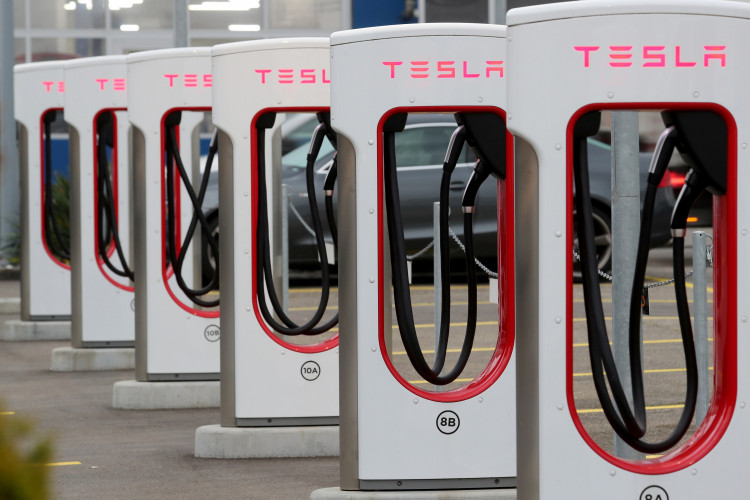Tesla is expanding its ecosystem at an unprecedented rate and the automaker's latest breakthrough is the deployment of Supercharger station No. 20,000. The addition represents a significant jump from 2019 when the fast-charging stalls were estimated to be at 15,000 units in markets where Tesla EVs are found.
The company also increased its network of Destination chargers in select locations where Tesla EV owners can charge up overnight. This ramp in infrastructure capacity is in support of Tesla's ambition to deliver more electric vehicles in streets around the world.
The delivery target advertised by Tesla CEO Elon Musk is around 500,000 units in 2021, which when realized will amount to more than two million Tesla EVs in use by the end of next year. A larger Supercharger network is deemed crucial to Tesla's goal of attracting more customers and keeping its lead in the exploding EV market segment.
According to Electrek, Tesla encountered delays in expanding the Supercharger network due to problems that plagued the Supercharger V3 technology. But the upgrade was finalized last year and the automaker immediately made the big push in putting up the fast-charging stalls.
The increasing presence of Supercharger stations came following the recent announcement from Tesla that new service centers will rise in 2021. The company said at least one will be built per week to achieve the target of opening more than 50 Tesla service centers in the United States and other parts of the world.
The thrust is in line with the company's business model that is dominating and profitable at the same time. A consistently growing ecosystem is seen to favor Tesla over the long-term in light of the emerging competition.
As more players enter the segment, Tesla could capitalize on its advantage of growing EV lineup and support services. The Supercharger network, for instance, could eventually open use by other EV brands.
The rationale for this is the potentially high income that the network could deliver. Already, Tesla charges a premium price to Supercharger users and Forbes said allowing non-Tesla EVs use of the charging network will inevitably lead to increased profits.
To be sure, many EV users will welcome the possibility of gaining access to Tesla's Supercharger network, and these drivers are on high-end vehicles and therefore can afford the company's premium charging rate. The move will be a boost to Tesla, added the report.
However, the Supercharger network as an option for all EV users will require some adjustments, and the initial step is to make the fast-charging compatible with all-electric cars, regardless of builds and brands.






